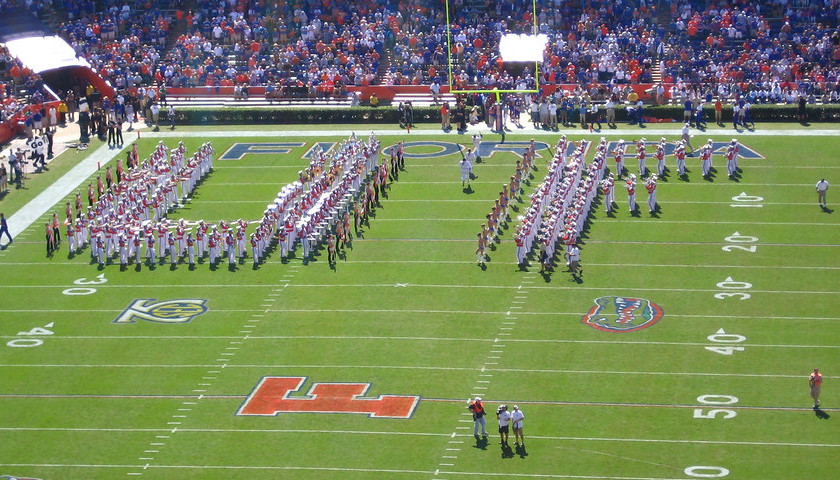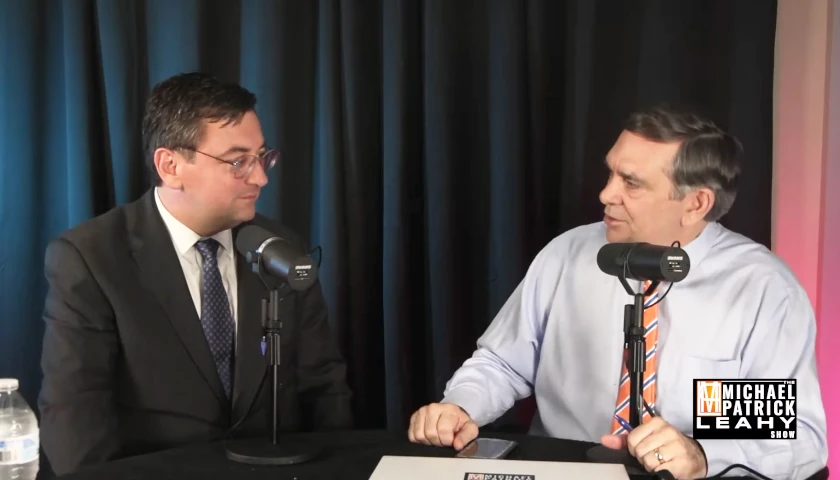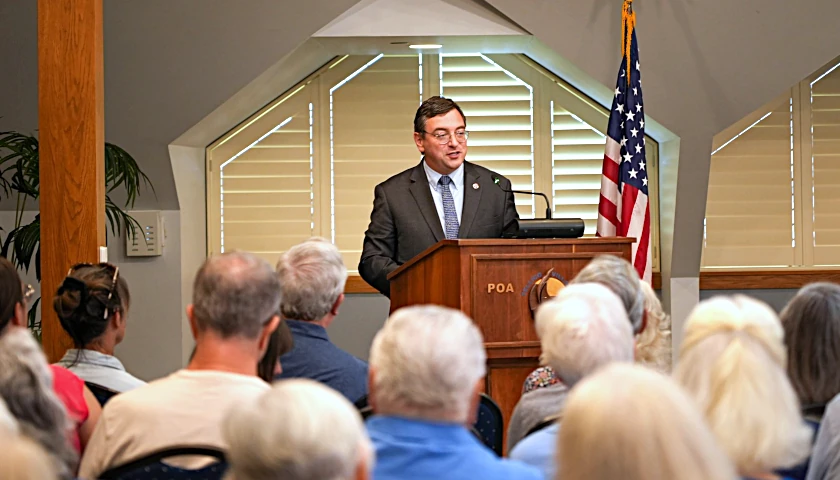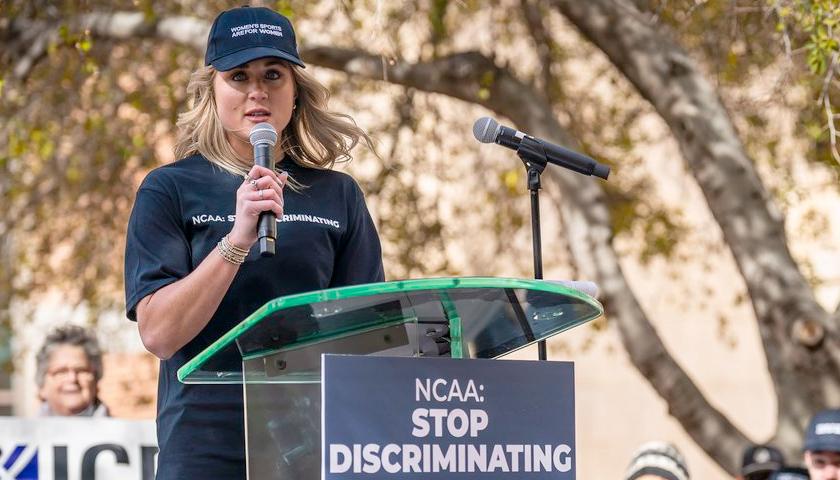The Florida Board of Governors (BOG) established a set of regulations designed to assist in the implementation for collegiate athlete compensation in Florida’s universities. According to the standards, athletes will be able to hire agents but will have to disclose contracts and payments to their university.
These measures were taken by the BOG due to a bill signed into law last year by Governor Ron DeSantis allowing college athletes to profit from their name, image, and likeness, and will take effect July 1.
Other states have passed similar legislation, but the NCAA has yet to formally announce if they will allow students to receive a profit, but Florida State University (FSU) has already begun teaching athletes about what they can and cannot due according to the new law.
“The ones who, frankly, have the biggest question marks are our foreign student athletes. The visas that they’re on do not permit them to earn income while they’re in the country,” said David Coburn, FSU athletic director, said during a meeting of the university’s trustees. “So they’re kind of going to be in limbo in terms of (names, images and likeness) until that’s resolved at the national level.”
Earlier in June, the State Board of Education, which oversees Florida’s college system, said athletes under their classification will also have to disclose contracts.
“They (state colleges) also cannot provide compensation themselves, nor can any of their associations or organizations such as boosters or foundations. That can only be done through a third party,” Florida College System Chancellor Kathryn Hebda said. “And the statute puts some parameters around those individuals who could serve as agents, what their requirements are.”
Also a part of the legislation is a new framework for universities to offer “due process protections” for student-athletes if they accused of misconduct. Florida’s colleges and universities will be required to establish a code of conduct.
“What our regulation does is, it sets out the processes and procedure for students to follow, for the university to follow, whenever a student’s been charged with academic or behavioral misconduct,” said General Counsel Vikki Shirley.
The legislation allows students to receive legal representation during hearings, and the students will be able to review the information their university has regarding any potential allegations.
– – –
Grant Holcomb is a reporter at the Florida Capital Star and the Star News Network. Follow Grant on Twitter and direct message tips.
Photo “University of Florida Football” by Rudi Riet. CC BY-SA 2.0.





